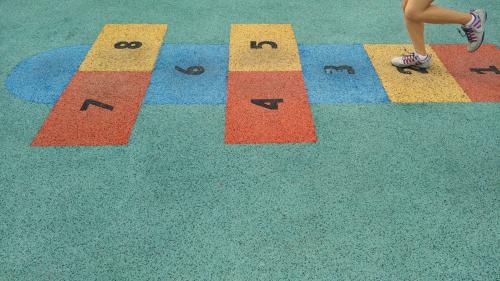Although much will be said about President Barack Obama ’s State of the Union proposals to increase taxes for high-income workers and give middle- and lower-income taxpayers an additional break, one part of the inequality debate seems to be over.
The fact that incomes have been growing more unequal seems to be a politically settled issue–unlike, say, climate change. While Democrats, especially Sen. Elizabeth Warren, have been pounding away on inequality for some time, several likely Republican presidential candidates–including Jeb Bush, Marco Rubio, and Rand Paul–have also recognized the problem.
How bad is it? Thomas Piketty, writing with economist Emmanuel Saez, has estimated that those in the bottom 90% of the income distribution received only 9% of the income gains between 1979 and 2007 (the year before the onset of the Great Recession).
But their estimate ignores government transfer payments, and it doesn’t take into account the aging of the population, among other things. When these adjustments are made, a much less pessimistic result emerges.
This is the finding of a wonky but remarkably detailed essay that deserves much more attention than it has received. Written by George Washington University research scholar Stephen Rose and published by the Information Technology & Innovation Foundation last month, the essay uses income data compiled by the Congressional Budget Office, which Mr. Rose argues is more accurate than the income data on which Mr. Piketty and Mr. Saez relied.
The better estimate, Mr. Rose suggests, is that the bottom 90% captured 54% to 59% of the income gains, depending on the definition of income and price deflator used. Yet Mr. Rose acknowledges that even his estimate indicates widening inequality. Furthermore, in Mr. Rose’s calculations, most of that gain is income gains by the “upper middle class,” or families in the 81st-to-90th percentile.
The bottom line: Widening income inequality is not as bad as some alarmists have suggested, but it cannot be dismissed. At least leading figures in both parties agree on that–before the battles over what to do about it begin in earnest.



Commentary
Op-edThe U.S. Income Gap May Be Narrower Than We Think
January 22, 2015